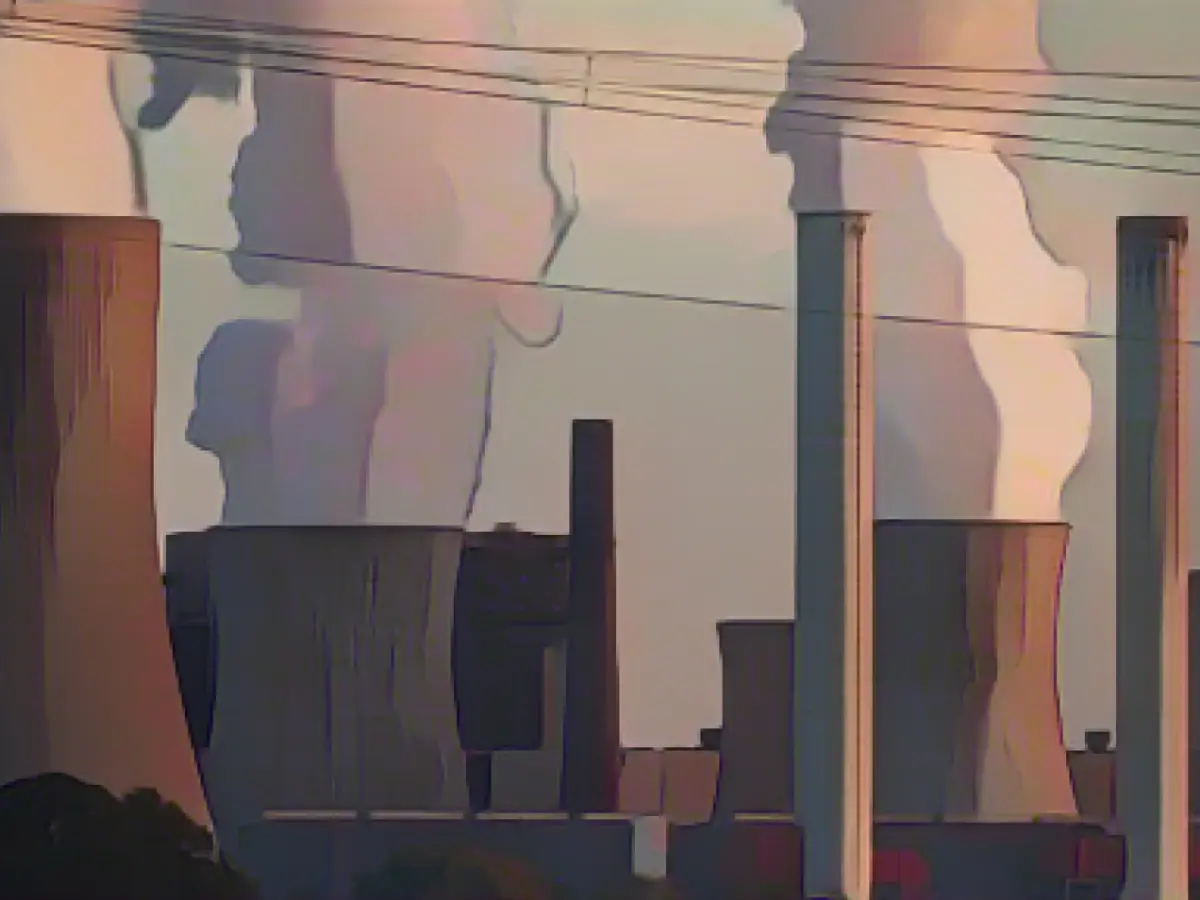The future of coal in Germany's energy sector appears grim, as the industry expresses little hope for an early phase-out. President Siegfried Russwurm of the German federal association of industries blames Federal Minister for Economic Affairs and Climate Protection Robert Habeck (Greens) for the lack of a clear strategy to incentivize new gas-fired power plants.
Germany's Ministry of Economy and Climate Protection has set their sights on renewable energy, aiming for 80% of the electricity consumed in Germany to come from renewable sources by 2030. Currently, that figure is slightly above half. However, Russwurm laments the absence of a power plant strategy, which has negatively impacted energy companies' willingness to invest in new gas-fired power plants.
Persistent budgetary constraints due to a ruling by the Federal Constitutional Court have made state subsidies for these power plants more elusive. Consequently, Russwurm emphasizes the importance of private-sector investment in new gas-fired power plants capable of operating with climate-neutral hydrogen to ensure energy security and discourage the use of electricity from coal-fired plants.
The German government's ambitious plan to add 25 gigawatts of capacity assumes that Germany can import sufficient electricity from neighboring countries at times of electrical shortages. However, Russwurm is skeptical of this assumption, considering the immense challenge of constructing 50 new power plants within a short period.
Although the traffic light coalition has a shared goal of ideally accelerating the coal phase-out to 2030, Russwurm's doubts about achieving this objective highlight the complexities involved in the transition from fossil fuels to renewable energy.
Insights: While Germany's focus on renewable energy and the phase-out of coal are well-known, the current status of the coal phase-out and the challenges involved in its acceleration are less publicized. The main hurdle lies in developing a financial incentive structure that incentivizes energy companies to invest in new gas-fired power plants, which will be crucial for addressing electricity demand during periods of low renewable energy generation.
Germany's push for a faster coal phase-out is driven by its climate goals and the desire to reduce greenhouse gas emissions. The government is also supporting the transition of industries away from fossil fuels, offering measures like auctions and "climate contracts" aimed at making production climate-neutral.
reports that a majority of German citizens support the coal phase-out, with 64% believing the national government should prioritize transitioning to renewable energy sources over preserving coal jobs.*
- The German government is aiming for a total coal-fired power production end by 2038 at the latest.
- The coal phase-out has made significant progress, with Germany's total coal use in 2024 hitting its lowest level in decades.
- The German government is supporting the transition of industries away from fossil fuels by offering measures like auctions and "climate contracts."
- The current status of the coal phase-out is a complex mix of progress, challenges, and political ambition.
- The success of Germany's coal phase-out hinges on the ability to develop a financial incentive structure that encourages energy companies to invest in new gas-fired power plants.








